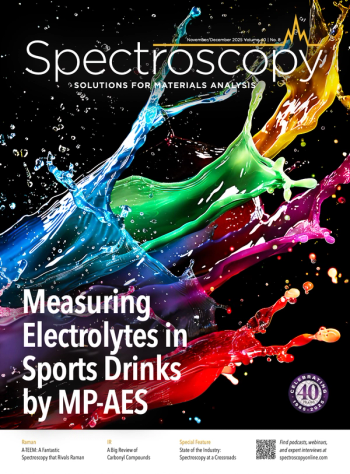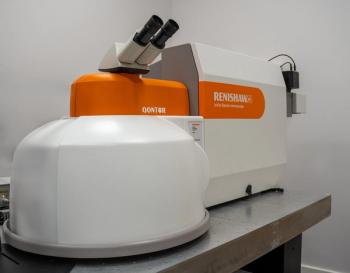
LC-MS Used to Analyze Poppy Alkaloid Metabolism
A team from the University of Calgary and the National Research Council Plant Biotechnology Institute has been studying the alkaloid metabolism process that commonly takes place in opium poppy cell cultures, using liquid chromatography and mass spectrometry (LC-MS)
A team from the University of Calgary and the National Research Council Plant Biotechnology Institute has been studying the alkaloid metabolism process that commonly takes place in opium poppy cell cultures, using liquid chromatography and mass spectrometry (LC-MS).
The team published their findings in BMC Plant Biology, an open-access publication, where they explained how using LC-MS enabled them to analyze protein extracts within cell cultures that had been treated using a fungal elicitor.
The poppy flower, from which several different pharmacological solutions like codeine and morphine are commonly derived from, contains 1,004 different proteins, identified and analyzed using LC-MS.
The scientists were able to compile an opium poppy-specific expressed sequence tag database, allowing them to greatly improve their identification of the different proteins.
Newsletter
Get essential updates on the latest spectroscopy technologies, regulatory standards, and best practices—subscribe today to Spectroscopy.



